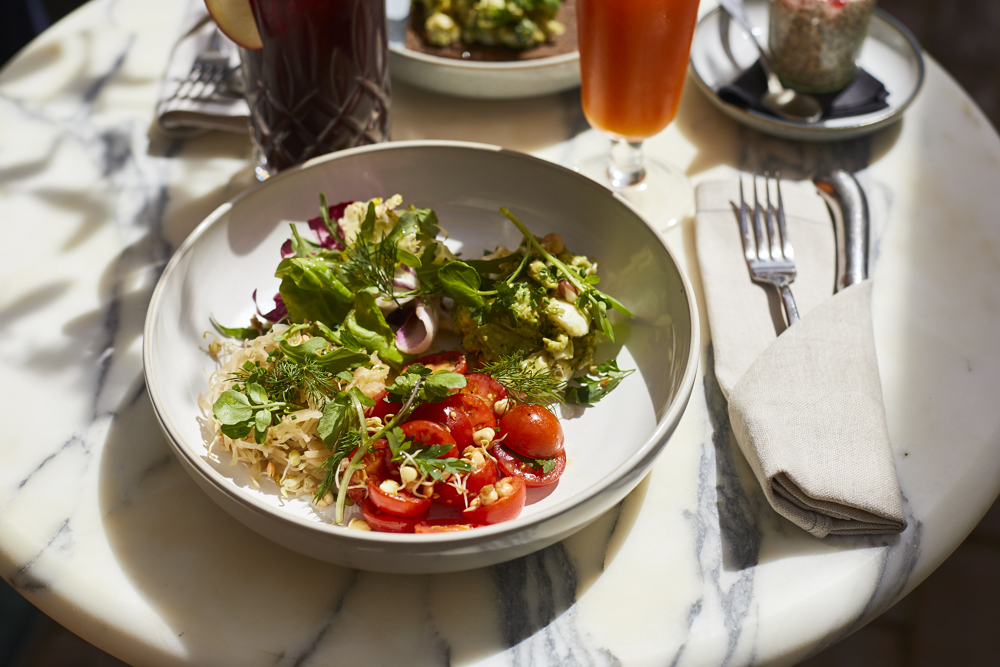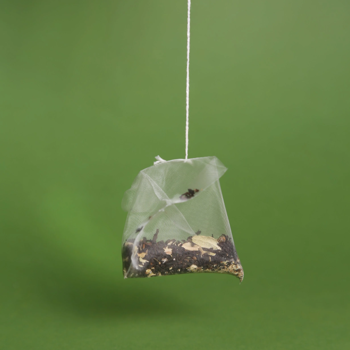
Catkin Season in the Pondhead Inclosure
Our resident forager Sammie turns her attention to the hazel catkins now brightening the Pondhead Inclosure

Our Raw Bar Manager Ria is somewhat an expert when it comes to fermenting food, having studied a BSc Nutrition and MSc in Public Health Nutrition, with a passion for healthy eating. There are numerous health benefits to eating fermented food and if you’re yet to give fermented food and drinks a go, Ria has a few recommendations to try on our menu in Raw & Cured at Herb House Spa.
We spoke to Ria to find out a little more about the benefits fermented food can bring to our diets…
There are two types of fermentation. Firstly, there are naturally occurring ferments, known as ‘wild ferments’, this is where the microorganisms present naturally in the raw foods or processing environments, such as kimchi or sauerkraut. Secondly, there are culture-dependent ferments, this is where a starter culture will be added, such as kefir and kombucha.
Fermented foods are produced through controlled microbial growth and the conversion of food components through enzymatic action. Simply, it’s the process in which bacteria and yeast break down sugars.
Historically, food fermentation happened to prolong the shelf life of foods and drinks, however, in recent years it has risen in popularity due to its health benefits to the gut. Fermentation can also be used to enhance the taste and texture of foods, such as olives, as it removed the bitter compounds.
Eating and drinking fermented foods will increase the number of beneficial bacteria in your gut. These are probiotic organisms.
Personally, my favourite fermented dishes on the menu are the fermented fennel served with sprouting beans, orange and dill yoghurt. The sprouting beans are fab, they have a high antioxidant content and are also higher in nutrients and can be digested easier than unsprouted varieties.
In a close second, I would pick the fermented sauerkraut that we use in our breakfast bowl. It goes so well with the eggs, avocado, spinach and gives it that nice tart taste. A good start for the gut in the morning!

Eating fermented foods should be slowly brought into your diet. There are possible side effects if you go from 0 to 100! I would start by eating one portion of it a day, then slowly build this up. Before you know it, having it with every meal will not cause you an issue and your gut will be grateful!
Top tip - If you suffer from any histamine intolerance or allergy, be very careful as fermented foods can often be high in histamine!
Fancy trying some fermented foods yourself? Why not book a table at Raw & Cured at Herb House Spa?

Our resident forager Sammie turns her attention to the hazel catkins now brightening the Pondhead Inclosure

Enjoy a moment of calm with NEMI Teas at Herb House
Explore all that the Pine Tree has to offer with Lime Wood’s resident forager, Sammie